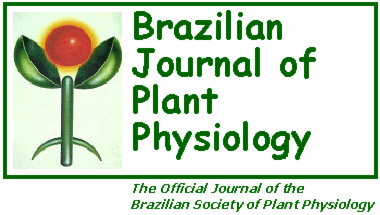We explore physiological and biochemical response under increasing aluminium stress at different time interval in chickpea seedlings (Cicer arietinum L.). Germination percentage and root length were found to be highly reduced under increasing metal stress. Aluminium induced oxidative stress and led to fluctuations in antioxidative activity responses. Roots showed higher antioxidative activity compared to shoots. Low concentration of aluminium after a brief treatment induced higher superoxide dismutase (SOD; EC 1.15.1.1), ascorbate peroxidase (APX; EC 1.11.1.11) and guaiacol peroxidase (GPX; EC 1.11.1.7) activity whereas longer duration of treatment led to decrease in these activities. Malondialdehyde concentration indicated higher oxidative damage in roots compared to shoots. Taken together the data obtained indicated that high concentration and long exposition of aluminium increases oxidative stress and impairs antioxidative defense system, overall leading to poor growth and survival of seedlings.
ascorbate peroxidases; heavy metal; malondialdehyde; superoxide dismutase; oxidative stress









